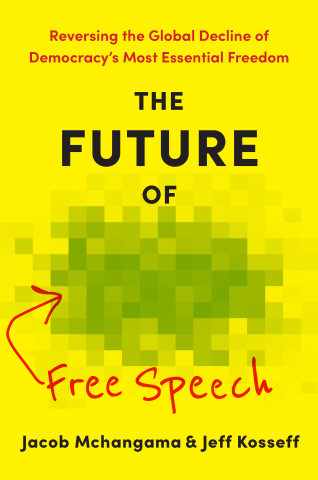
Reviews
Political scientists will appreciate Darnton's well-aimed jibes at the major schools of international relations theory, and Latin America specialists will welcome his deft applications of cutting-edge theories to a region long underrepresented in political science scholarship.
This qualitative study is a well-executed corrective to national security studies that overemphasize state and national interests, while devaluing the role domestic politics play in shaping foreign policy... The book is well written, and the language is accessible to professionals and upper-division undergraduate and graduate students. It is highly recommended for those interested in understanding the interplay between domestic politics and international relations.
Christopher Darnton has written a book that is indispensable reading for all students of Latin American affairs and of security decisions globally. His research in Latin American sources is outstanding and his focus on regional and economic variables is very significant for the overall debate on security decision making.
Christopher Darnton provides a fresh perspective on the transition between rivalry and rapprochement among states. Grounded in nuanced theorizing and careful historical research, this book examines Cold War Latin America to arrive at the counterintuitive finding that parochial bureaucratic politics explain the persistence of interstate rivalry, and that rapprochement is driven as much by shifts in military missions and resources as by diplomacy. Recommended for scholars of international security, civil-military relations, and Latin American politics.
Rivalry and Alliance Politics in Cold War Latin America is a major contribution to the international relations literature. Darnton offers a novel and compelling 'parochial interests' argument to explain both rivalry and rapprochement. This lucid, carefully researched, and convincingly argued book also offers fresh insights into the international and domestic politics of Cold War Latin America.
Book Details
Acknowledgments
1. Explaining Rivalry and Rapprochement in Cold War Latin America
2. Parochial Interest and Policy Change
3. Antagonism and Anti-Communism in Argentine-Brazilian Relations
Perón and Dutra
Acknowledgments
1. Explaining Rivalry and Rapprochement in Cold War Latin America
2. Parochial Interest and Policy Change
3. Antagonism and Anti-Communism in Argentine-Brazilian Relations
Perón and Dutra, 1947: Damn the Torpedoes
Frondizi and Quadros, 1961: The Spirit of Uruguaiana
Lanusse and Médici, 1972: General to General
Videla and Figueiredo, 1980: The Turning Point
4. The 1959 Cuban Revolution and Central American Rivalries
From Borders to Brotherhood: Nicaragua and Honduras
Persistent Conflicts: Costa Rica–Nicaragua and El Salvador–Honduras
5. The 1980s Debt Crisis and Andean Rivalries
Persistent Conflicts: Peru-Ecuador, Colombia-Venezuela, and Bolivia-Chile
From Crisis to Cooperation: Argentina and Chile
6. From the Cold War to the Global War on Terrorism
Alegeria and Morocco: Protracted Rivalry in the Maghreb
7. The Organizational Politics of Conflict Resolution
Notes
Index





